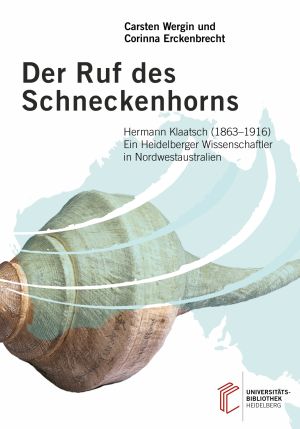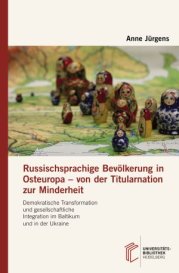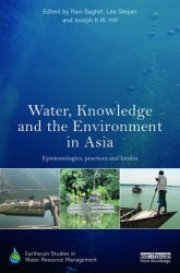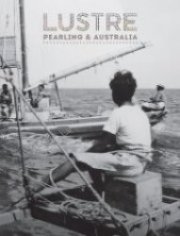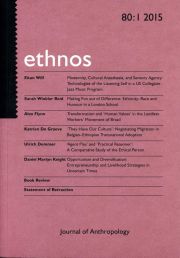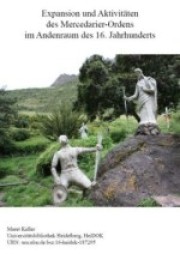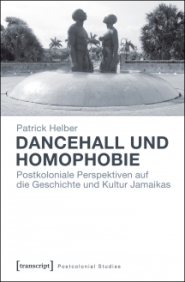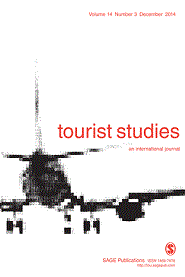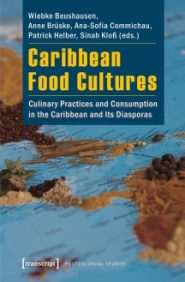Schutzgewähr in Phasen religiöser und politischer Expansion
Die Nachwuchsforschergruppe untersucht Schutzkonzepte und –praktiken in Lateineuropa, dem Mittelmeerraum, dem Nahen Osten, Zentralasien und Afrika mit einem Schwerpunkt auf dem Zeitraum zwischen 500 und 1500. Die Gruppe konzentriert sich insbesondere auf individuelle Fälle von Schutzgewähr für Verfolgte, beispielsweise den Schutz von Sklaven, Frauen, Andersgläubigen, Kriminellen und Rebellen in Phasen politischer und religiöser Expansion, etwa während der Christianisierung Lateineuropas oder der Islamisierung der arabischen Halbinsel, (Nord)afrikas und Zentralasiens. Erforscht wird, wie Konzepte und Praktiken von Schutzgewähr in transkulturellen Gesellschaften koexistierten, konkurrierten, sich veränderten, welche Konflikte zwischen religiösen und politischen Autoritäten um Schutzgewähr entstanden und wie diese gelöst wurden, aber auch, wem unter welchen Bedingungen Schutz gewährt wurde und wie sich die Voraussetzungen für Schutzgewähr veränderten, welche Schutzräume und Orte relevant waren und was sie auszeichnete, wer in Konflikten vermittelte und als Mediator anerkannt oder abgelehnt wurde, schließlich aber auch, wie mit Fällen von Schutzmissbrauch umgegangen wurde. Besonderes Interesse gilt dem Problem interreligiöser Schutzgewähr, etwa der Frage, unter welchen Umständen bzw. in welcher Absicht anders- oder ungläubigen Flüchtlingen Schutz zugesprochen wurde.
Aktuelles
"Historians and Historical Research at Iraqi Universities. A Survey". The German Federal Ministry of Education (Bmbf) funds a project by Bashar Ibrahim and Jenny Oesterle (both members of the Arab German Young Academy of Sciences and Humanities) that focuses on the idely unknown current situation of historians and foci of historical research at universities in post-war Iraq. In order to gather a first-hand database on Iraqi Historians, their research and research environment already 200 interviews with historians from the universities of Baghdad, Basra, Mosul, Erbil, and Kufa were conducted. In a next step, further detailed interviews with selected Iraqi historians will focus on special research interests and methodologies in length, discussing problems of the current situation for academic historical research in Iraq and possible ideas of collaboration projects with German historians from the Iraqi side. Finally, Bashar Ibrahim and Jenny Oesterle will organize a conference that brings together German and Iraqi Historians in Erbil (Iraq) in July 2019.
For further information: http://agya.info/research-proj
International Conference of the Arab-German Academy of Sciences and Humanities

The programm can be found here
International Workshop:
"Refugee transfers in the Euro- Arab Mediterranean zone:
Tying the past with the present towards a transregional and transhistorical understanding in times of crises"
(10-12 April 2017 Lebanese American University, Byblos, Lebanon)
organized by Dr. Jenny Oesterle (Research Group "Protection in Periods of Political and
Religious Expansion) in cooperation with Dr. Tamirace Fakhoury (Lebanese American
University, Byblos) and the Arab German Young Academy of Sciences and Humanities
Urban Dynamics and Transcultural Communication in Medieval Sicily. International Conference. November 26–27, 2015.
Organisers: Theresa Jäckh (Transcultural Studies) und Mona Kirsch (Cluster of Excellence)
Venue: Hochschule für Jüdische Studien, Landfriedstraße 12, 69117 Heidelberg
Recent scholarship on the medieval Mediterranean has underlined the importance of Sicily as a prime example to study processes of transcultural exchange and entanglement. The island in the centre of the Mediterranean basin is considered a paradigmatic case for a medieval transcultural society, which received and absorbed elements of different traditions in terms of language, art, administration and also economy. The dynamics of these processes of interaction lie at the core of the conference “Urban Dynamics and Transcultural Communication in Medieval Sicily”. The contributions will focus on urban centres of Medieval Sicily as hubs in regional, trans-regional, and in wider Mediterranean networks.
The international conference organised by the University Project “Transcultural Studies” and the Cluster of Excellence “Asia and Europe in a Global Context” in cooperation with the Jewish College Heidelberg will bring together renowned scholars from different disciplines such as Islamic Studies, Byzantine Studies, Jewish Studies, Medieval History, and Art History.
Please register by email: theresa.jaeckh@uni-heidelberg.de
PROGRAMME
Thursday, November 26
9.30–10.00 Welcome and Introduction
10.00–12.20 Urban Centres and Transcultural Societies
Vera von Falkenhausen (Rome)
Die Griechen in Messina und Palermo (12.–13. Jahrhundert)
Julia Becker (Heidelberg)
Ut omnes habitatores Messane tam latini quam greci et hebrey habeant predictam libertatem. Vita cittadina e cittadinanza a Messina tra Normanni, Angioini e Aragonesi
Kristjan Toomaspoeg (Lecce)
Palermo in the Late Middle Ages: Territory and Population (13th–15th Centuries)
13.40–16.10 A Dynamic Landscape? The Hinterland and its Patterns of Communication
Alex Metcalfe (Lancaster)
Dynamic Landscapes: the View from Monreale
Richard Engl (Mainz)
A Society on the Move: Muslim Cities in Hohenstaufen Sicily as Places of Migration and Communication
Fabrizio Titone (Bilbao)
Catania e le comunità della diocesi. Autorità vescovile e laici nel tardo Medioevo
16.10–18.30 Nodes of Communication: Merchants, Commodities, and Mediterranean Transfer
Hadrien Penet (Montreuil-sous-Bois)
Merchant Communities of Late Medieval Messina (1250–1500)
Mark Aloisio (Malta)
‘The Meat Rejected by Them’: Regulation, Manipulation and Anti-Jewish Rhetoric in the Meat Markets of Medieval Sicily
Mohamed Ouerfelli (Marseille)
The Sicilian Overseas Sugar Trade in the Western Mediterranean in the Middle Ages
Friday, November 27
9.30–11.55 Transcultural Images and Motifs. Discourses and Perception
Thomas Dittelbach (Bern)
Transforming Messages: Counter Narratives in Norman Art and Architecture
Giuseppe Mandalà (Madrid)
Città e saperi: qualche riflessione sulla diffusione della cultura araba nella Sicilia medievale
Frederek Musall (Heidelberg)
Trans-cultural Criticism – Some Remarks on the Actualities and Problems of a Paradigm
11.55–12.20 Conclusion
(May 2015).
(Berlin-Brandenburgische Akademie der Wissenschaften/Qatar Foundation) out of 320 applicants from 22 countries.
http://www.bbaw.de/en/agya/synopis:
"The Arab-German Young Academy of Sciences and Humanities (AGYA) at the Berlin-Brandenburg Academy of Sciences and Humanities (Germany) and the Arabian Gulf University (Bahrain) has been established in 2013 and is mainly funded by the German Federal Ministry of Education and Research and Qatar Foundation.
The main objective of the AGYA is to advance the academic exchange of outstanding early career researchers (3-10 years after PhD) from Germany and the Arab countries and to promote cooperation across different disciplines in Natural Sciences, Humanities, Social Sciences, and Technical Sciences. The AGYA promotes innovative interdisciplinary projects in various fields of research, science policy, and education. It is autonomous with regard to the format and content of its academic activities"


